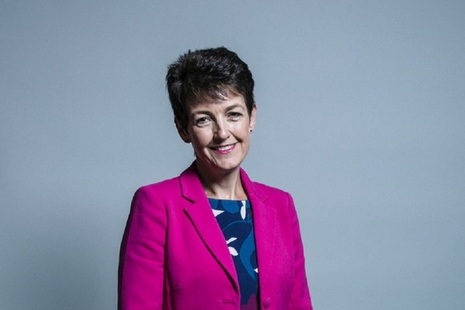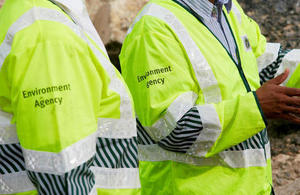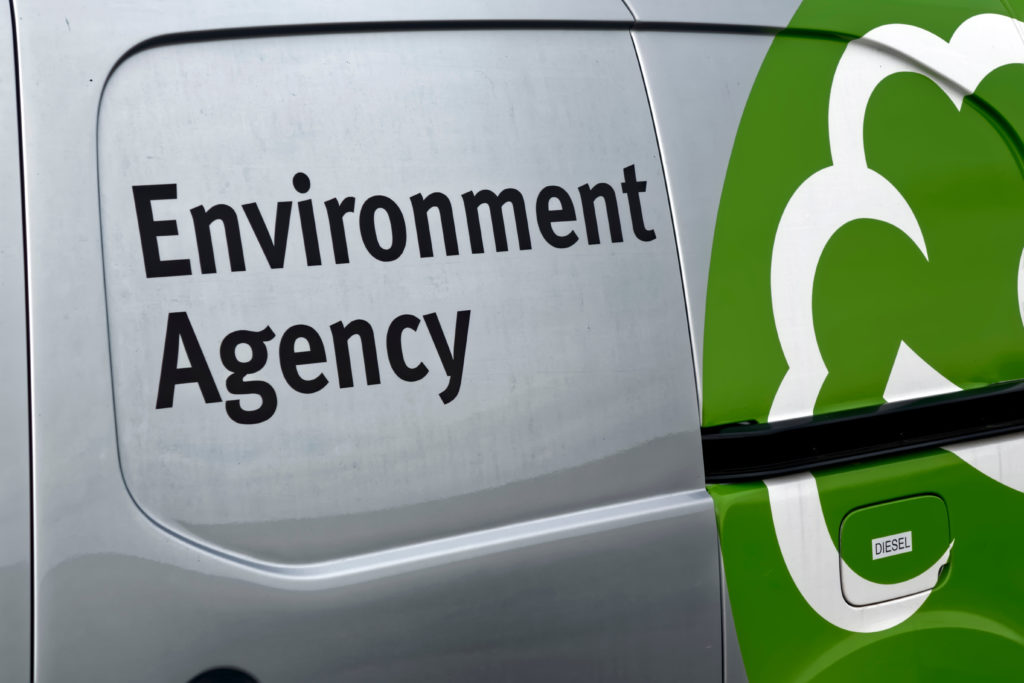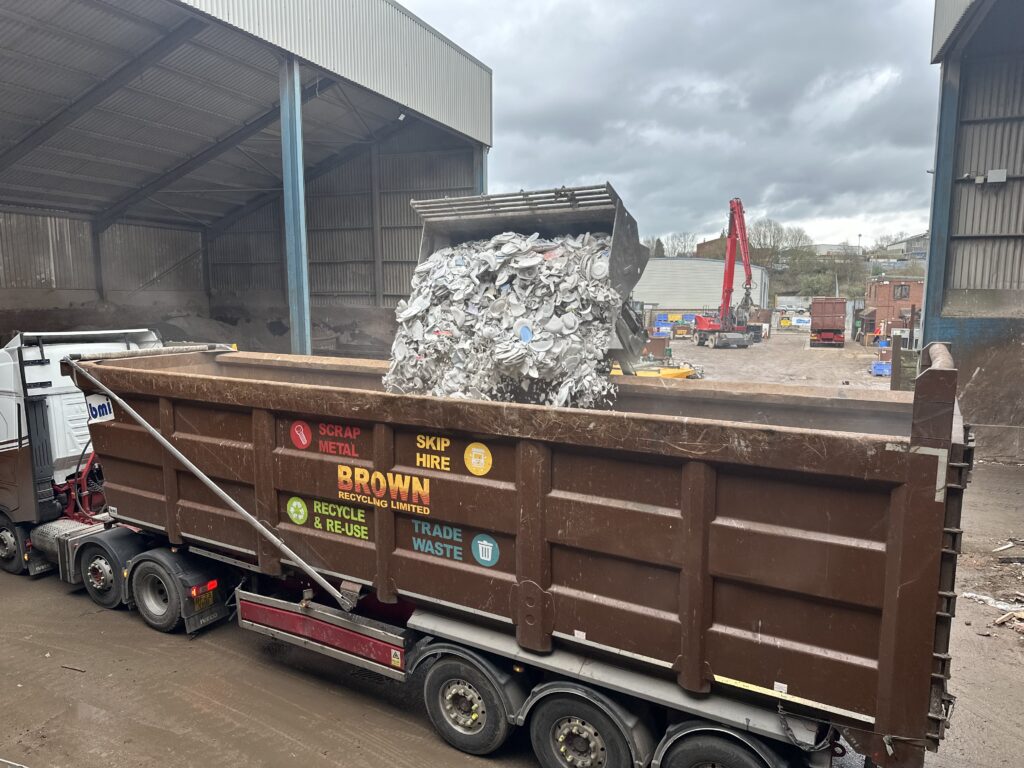The NAO published its investigation earlier today (27 April), warning that the Agency does not have “the data they need” to understand the scale of the problem. It also said organised crime groups “have become more involved” in waste crime.
The NAO made a number of suggestions to Defra on how to tackle the issue, including that the department needed to “better understand” the role of the landfill tax in contributing to waste crime (see letsrecycle.com story).

In response to the report, resources and waste minister Jo Churchill said: “We are cracking down on waste crime, which is estimated to cost the economy an astonishing £924m per year in England.
“That is why we are reforming the licencing system, introducing mandatory digital waste tracking, investing to tackle fly tipping, and supporting people to do the right thing by disposing of their waste correctly.”
We are determined to keep one step ahead of the criminals
- Sir James Bevan, Environment Agency
‘New strategy’

Sir James Bevan, chief executive at the Environment Agency, also responded to the report. He said: “Waste crime causes harm to people and places, and it is on the rise. This is why we have created a robust new strategy which is intelligence-led, collaborative and high-tech, focusing on combating the worst criminals.
“We now share intelligence on criminals with our partners, resulting in more than 2,500 illegal waste sites being shut down permanently in the last three years.
“This is not an easy fight – but with the support of our partners we are determined to keep one step ahead of the criminals, shut them out of the system and move us towards an economy in which there is no space for waste crime.”
Cases
In a statement, Defra pointed to the prosecutions it had secured for waste criminals and outlined how the Environment Agency was tackling the issue.
The department said the Environment Agency now had “extra funding” as part of its baseline, which means it had “a range of powers to tackle waste crime”.

This has enabled it, according to Defra, “to employ extra frontline staff including environmental crime officers, prevention and disruption officers, intelligence officers and financial investigators”.
It pointed to its statistics which showed that between 2017 and 2020, the Agency stopped illegal waste activity at 2,700 sites and initiated 191 prosecutions for illegal waste sites, with 39 prison sentences handed down.
Defra added that the Environment Agency “also issued fines of over £1.1 million for illegal waste sites, plus £5.5 million in Proceeds of Crime Act confiscation orders”.
JUWC
In January 2020, the Government has set up the Joint Unit for Waste Crime (JUWC) to “disrupt serious and organised crime and reduce its impact on the environment and the economy”.
The NAO report explained that the unit has “made progress combatting waste crime committed by serious and organised crime groups”.
Defra also pointed to its consultation in January (see letsrecycle.com story), saying this would see increased background checks for firms moving or trading waste.
‘Soft touch’
Jacob Hayler, the executive director of the Environmental Services Association, said the report “illustrates perfectly why the waste sector is viewed as a soft target by criminals”.
He explained that “strong and timely enforcement” is vital to tackling this issue and it is “disappointing to see that the number of prosecutions has dropped considerably while the incidences of waste crime have continued to rise”.

He said: “Illegal sites cause significant misery for local communities, harm the environment and discourage investment in the sector by legitimate operators, so it therefore does not seem proportionate that only 5% (28) of the 632 illegal waste sites discovered in 2020/21 led to a prosecution.
“We are pleased that the NAO report draws extensively on data produced by ESA in our Counting the Cost of Waste Crime Report and also mirrors several recommendations that we have made previously”.












Subscribe for free